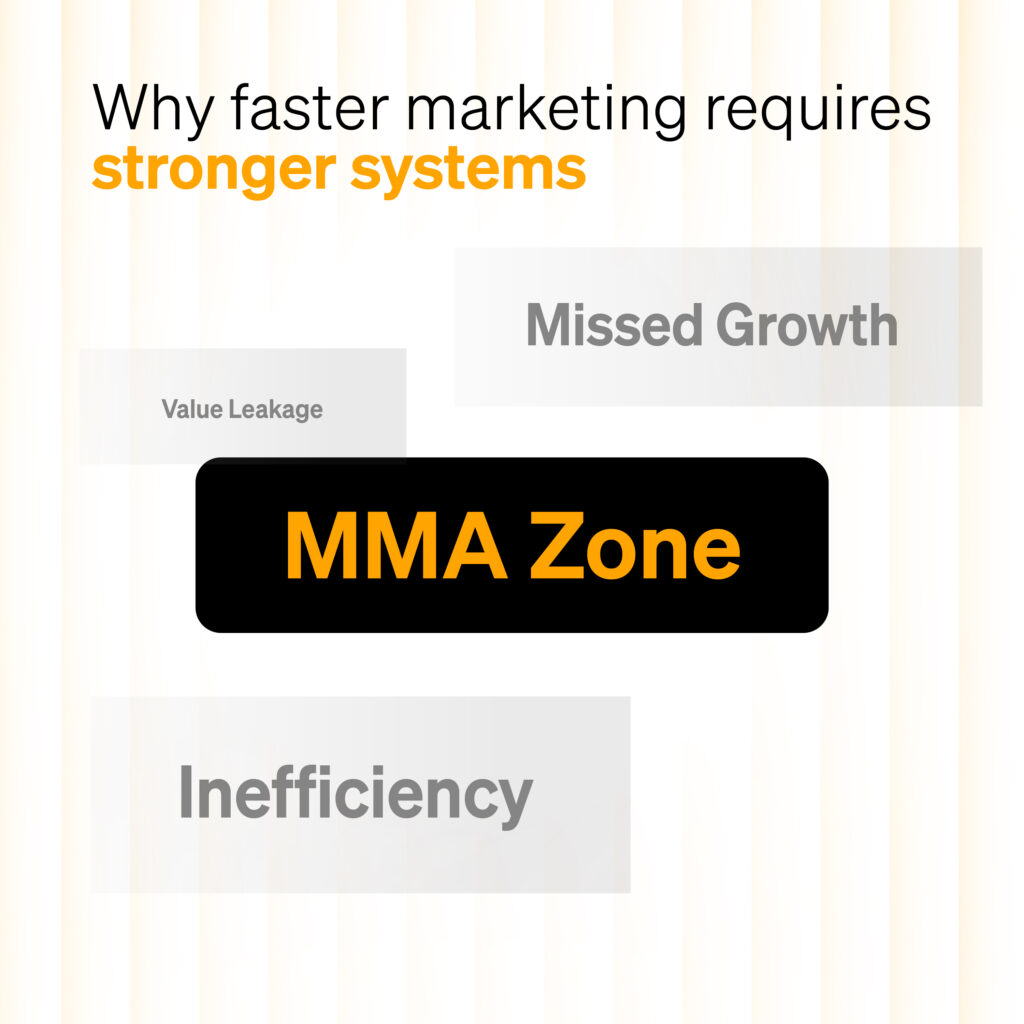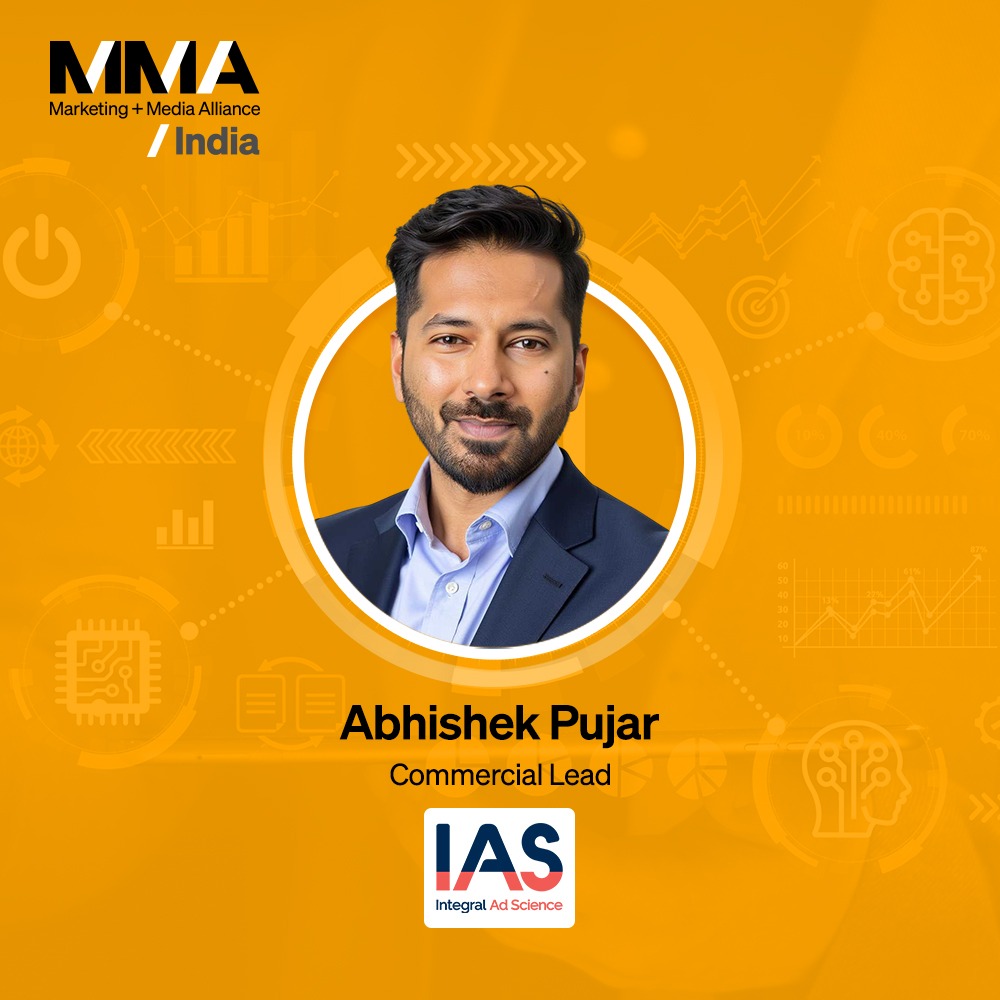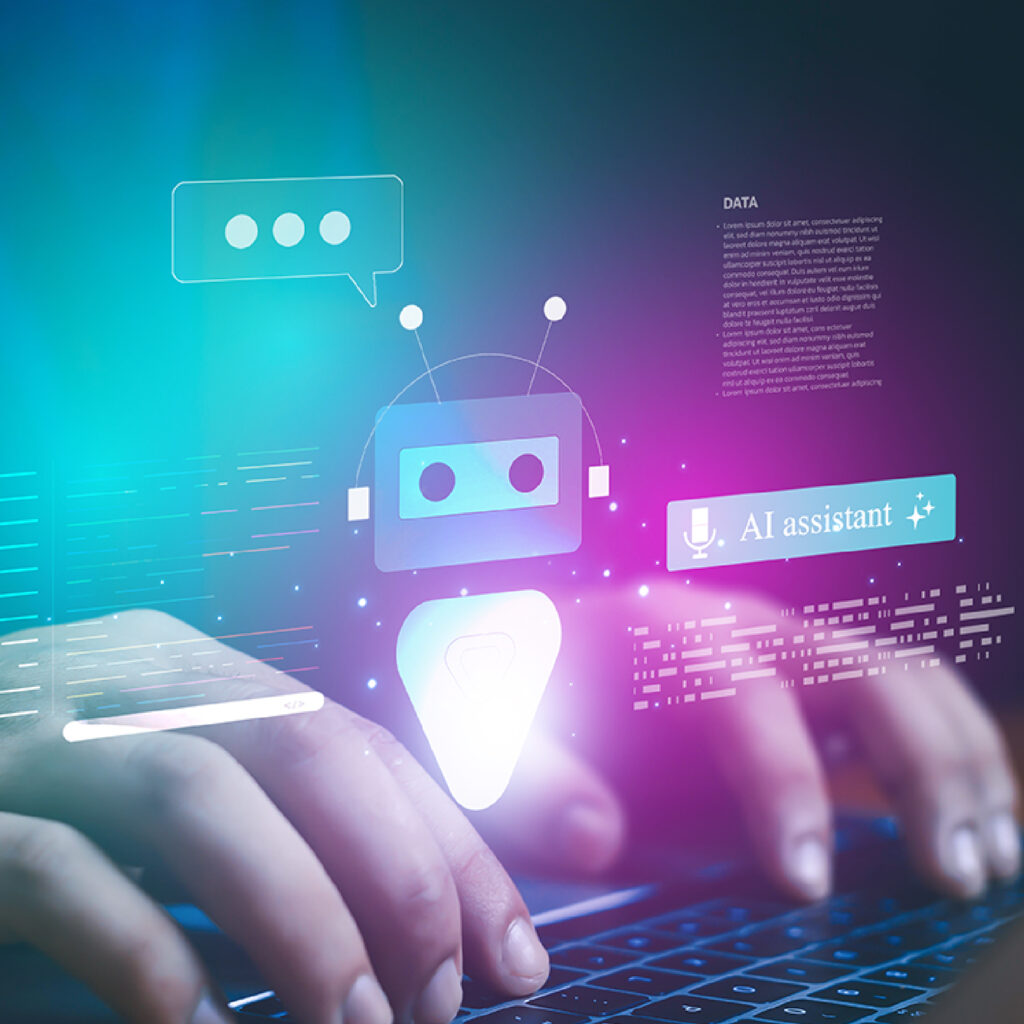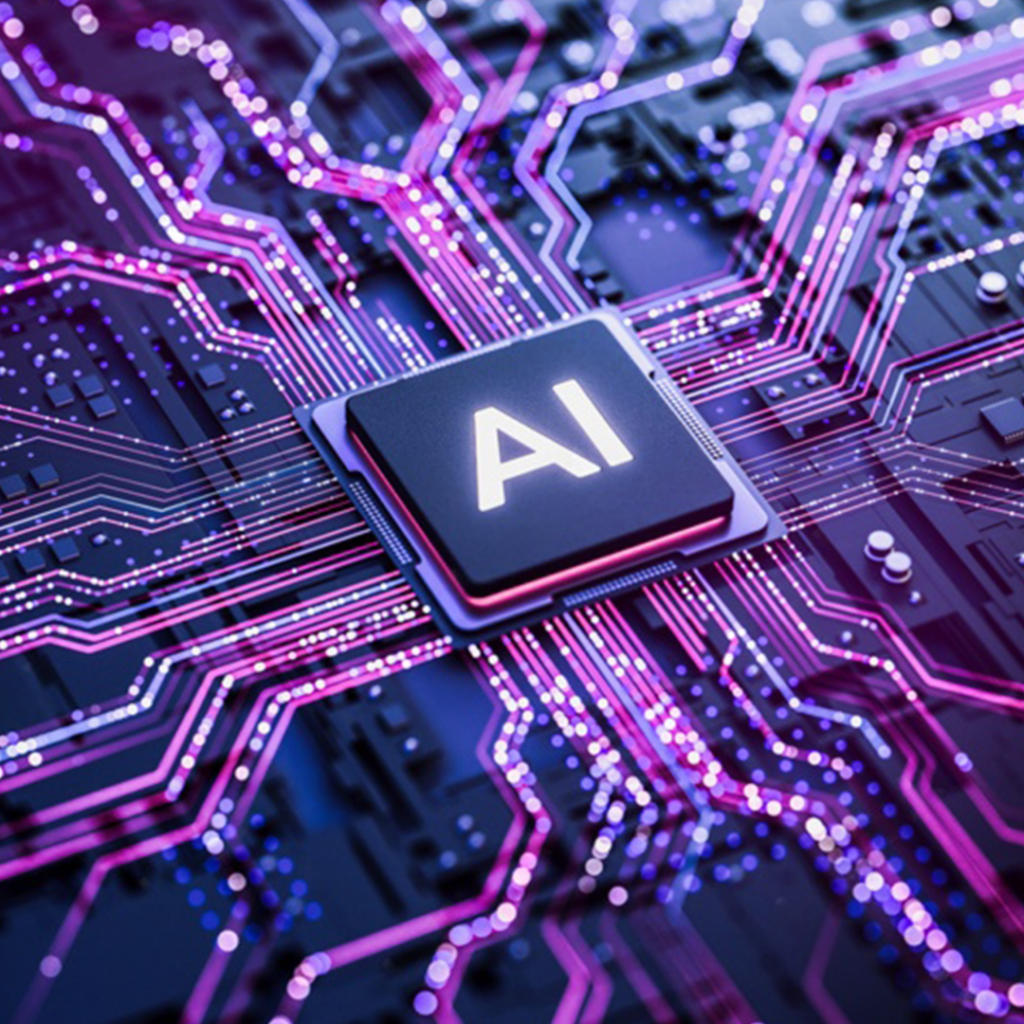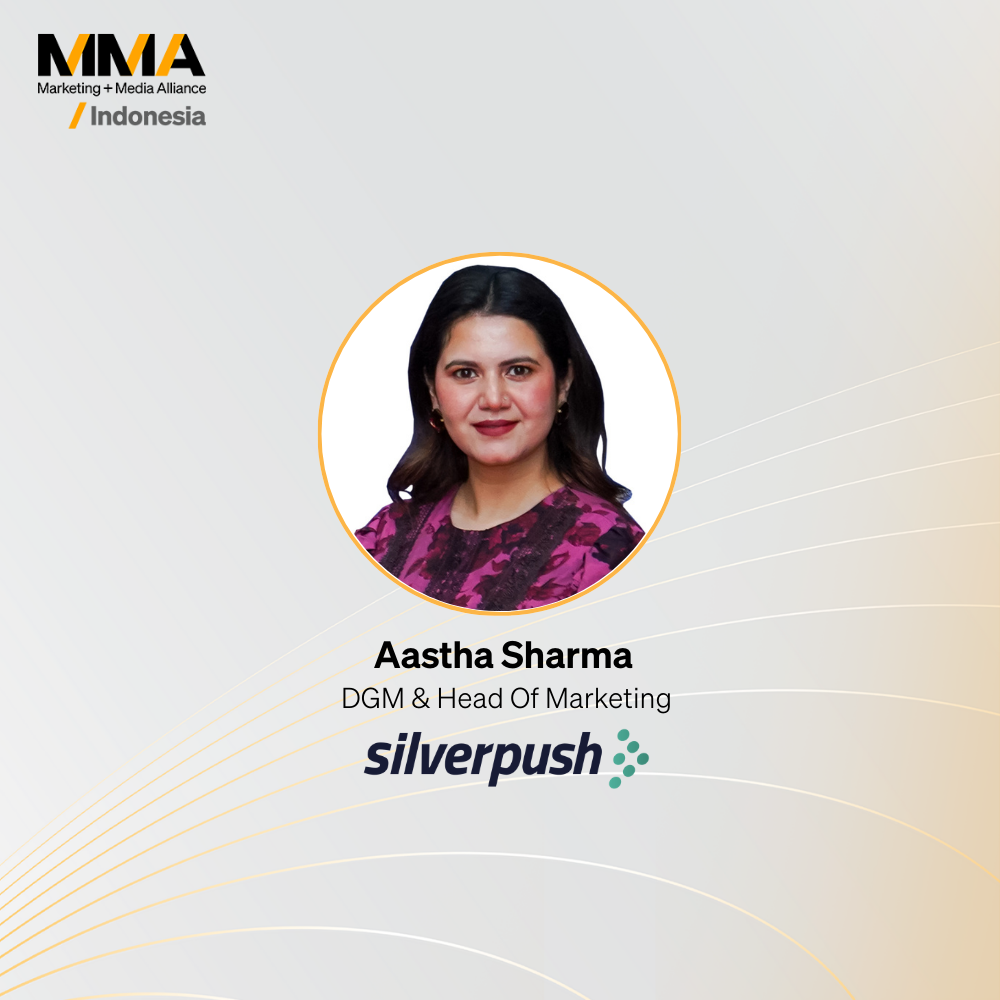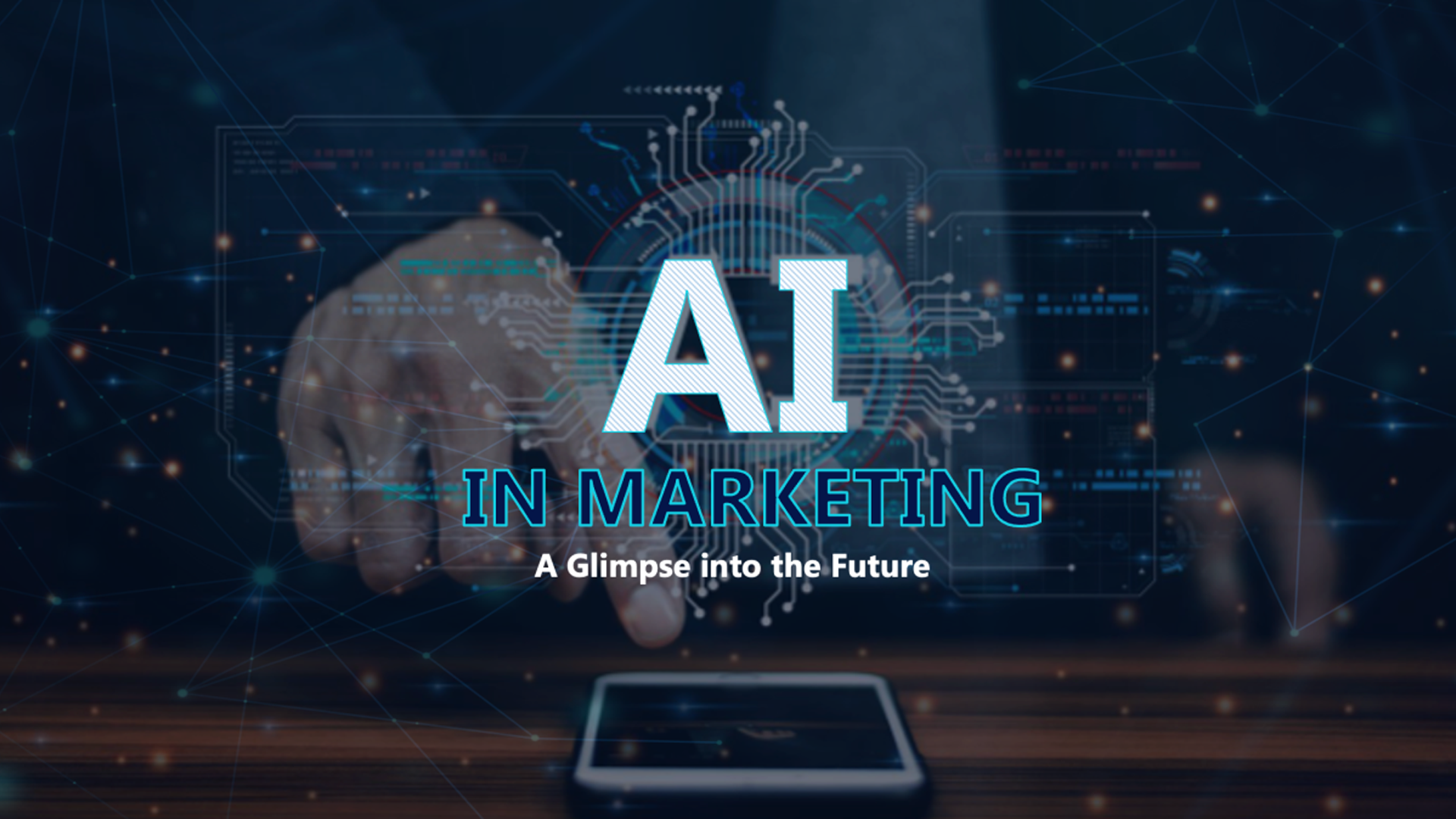
Marketing Meets AI: Key Conversations
At the intersection of marketing and AI, the seemingly endless possibility of hyper-personalised campaigns emerged as the predominant theme among speakers, but in-depth discussions on a host of topics ranging from ‘ethical and responsible approach to AI’ to ‘human-AI collaboration’, and ‘the rise of AI content’ rounded off the event: MMA IMPACT India 2024.
As a first in a series, this article aims to provide a brief overview of the discussions, which will be followed by articles dealing more granularly with individual themes.
Personalisation: AI’s Game Changing Predictive Analysis
Personalisation is undoubtedly a key area where AI shines now, and has the potential to drastically alter the very definition of the term in the near future. Several speakers highlighted the power of AI-powered predictive analytics – which forms the basis of personalisation – in optimising marketing campaigns.
By analysing vast datasets and historical trends, AI can predict customer behaviour and tailor campaigns accordingly. This allows marketers to target the right audience with the right message at the right time, leading to significant improvements in campaign performance and ROI.
Moreover, tools like conversational AI and chatbots in marketing can provide real-time customer support, personalise interactions, and even collect valuable customer data. However, speakers emphasised the importance of human oversight and the need for chatbots to offer a natural and engaging experience to avoid alienating customers.
The Human Element Remains Crucial
A recurring theme throughout the event was the inalienable importance of human expertise in the AI era. While AI can automate tasks and analyse data, it is human intuition and understanding of customer emotions that will ultimately shape successful marketing strategies.
The discussion on AI also touched upon the evolving landscape of content creation. While some speakers warned that AI-generated content may start resembling each other, speakers like Himani Agrawal of Microsoft highlighted AI’s ability to automate content creation tasks and create variations of existing content, which could free the human resources to focus on more creative pursuits such as developing the core concepts and narrative for marketing campaigns.
Sustainability and Ethical Considerations in AI Marketing
While the event was largely centred on AI’s potential, several speakers, like Amit Jain, ex- L’Oréal highlighted the importance of responsible AI practices. This includes ensuring data privacy, mitigating bias in algorithms, and building trust with customers. Discussions emphasised the need for sustainable marketing strategies that integrate AI responsibly and ethically.
Conclusion: A Brave New World of Marketing
Marketers can unlock AI’s potential to create innovative campaigns, forge deeper customer connections if they adhere to the following action items, as per our experts:
- Embrace AI as a powerful tool for personalization and predictive analytics, but maintain a balanced approach that recognizes both its potential and limitations.
- Invest in developing AI-native strategies and reorganising teams to effectively leverage AI’s capabilities, rather than simply grafting AI onto existing processes.
- Prioritise ethical AI practices, including data privacy protection and bias mitigation, to build and maintain consumer trust.
- Foster human-AI collaboration by viewing AI as a co-pilot that enhances human creativity and strategic thinking rather than replacing it.
- Continuously adapt and upskill marketing teams to work effectively with AI tools, focusing on developing creative generalists who can harness AI’s potential across various domains.

